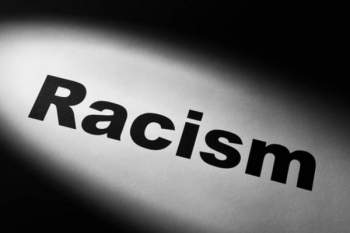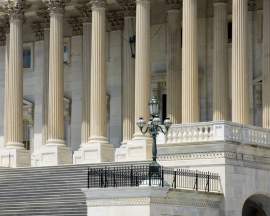
Plessy v. Ferguson

What is Plessy v. Ferguson (1896)?
Plessy v. Ferguson was a court case that took place within the State of Louisiana with regard to the investigation and analysis of racial discrimination suffered by African Americans; this racial discrimination was considered to be prominent within the Southern States. Homer Plessy, who was considered to be 7/8th’s of Caucasian descent, boarded a railroad car operated by the State of Louisiana; due to applicable legislation enacted with regard to races permitted on individual railroad cars, Plessy was requested to vacate what was considered to be a ‘Whites Only’ car – upon his refusal, he was subsequently arrested:
(1890) The State of Louisiana passes the Louisiana Railway Car Act; a law requiring the distinction and operation of separate railway cars for both African Americans and Caucasians
The Case Profile of Plessy v. Ferguson
The following is a case profile of the legal trial eponymously titled ‘Plessy v. Ferguson’:
Date of the Trial: 1896
Legal Classification: Civil Law; Civil Law is a legal field in that typically addresses nonviolent circumstances and events that are perceived as presumable wrongs suffered - Civil Law cases this judicial review within Civil Law is typically reliant upon legal statutes in lieu of past court cases, decisions, or preexisting findings
United States Reports Case Number: 163 U.S. 537
Date of the Delivery of the Verdict: May 18th, 1896
Legal Venue: The Supreme Court of the United States
Judicial Officer Responsible for Ruling: Justice Henry Billings Brown
Involved Parties: The following are the parties named with regard to their involvement in the Plessy v. Ferguson case:
Homer Plessy – named as the plaintiff – accused Louisiana State Legislature as violating the terms of the 14th Amendment of the Constitution of the United States, which expressed the requirement for equality amongst all citizens of the United States; he perceived his removal from the rail road car to be in direct violation of equal rights
John Howard Ferguson – named as the defendant – was an attorney and legislative representative operating in Louisiana; he was responsible for the passing of the Louisiana Railway Car Act
Verdict Delivered: 7 out of the 8 Supreme Court Justices ruled in favor of the defendant, John Howard Ferguson; John Marshall Harlan was the only Justice to present an opposing ruling
Associated Legislation with regard to Plessy v. Ferguson: The following statutory regulations were employed with regard to the Plessy v. Ferguson trial:
The 13th Amendment to the United States Constitution abolished slavery, declaring forced servitude and disenfranchisement to be illegal
The 14th Amendment to the United States Constitution required that citizens of the United States be entitled to equal rights
Subsequent Cases Associated with Plessy v. Ferguson: The following legal cases and trials made mention and reference to the findings undertaken in Plessy v. Ferguson:
The ideology of ‘Separate but Equal’ was made famous as a result of this case; the findings stated that the Louisiana Railway Car Act did not deny the African American population of Louisiana equal rights – in contrast, this ruling alleged that the rights were mandated on an equal basis within required segregation
NEXT: Roe v. Wade





















